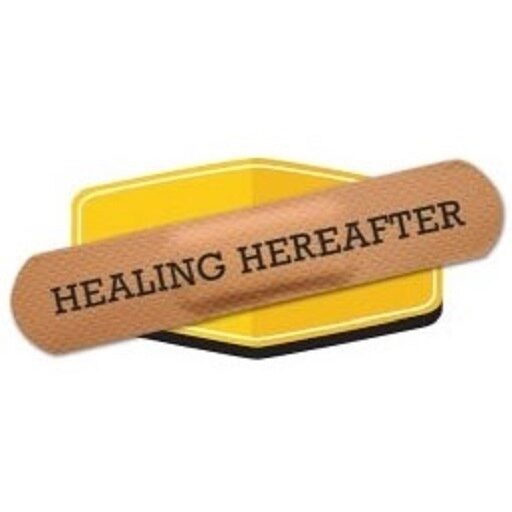Yes! A chapter about sin and death, pretty much everyone’s favorite topics, right? Uuuuuum no, but God’s purpose for humans—including YOU—now that is always an interesting discussion. What common thread associated with sin, death, and God’s purpose for you could possibly merit inclusion of them all in one chapter? The answer is free will, and in Healing Hereafter its implications are found to both biblically and rationally answer a shocking number of questions that folks within and outside of Christianity often consider impossible mysteries. Come alongside us as we begin to find these answers in this chapter and then throughout the remainder of the book!
Chapter 5
So our tenaciously original consciousness seems to distinguish humans from all other physical life. But why would God give us free wills, and why would he create humans to live forever? We learn that the Bible’s clear answer is to make it possible for God to accomplish his primary purpose for humans: to seek him and find eternal, perfect community with him. As would make sense, this purpose flows directly from the unchanging set of ideals that comprise God’s nature and primarily determines how he sets up the hereafter that is described in the Bible. Our purpose of fully engaging in intimacy with God and his perfect nature forever cannot be achieved unless we can freely choose this community and exist forever in it, hence our tenaciously original spirits. Consequently, this essential free will must also permit choosing against such community— seeking intimacy with what is not God or his perfect nature. God cannot remove this choice from us without thwarting his purpose for us. The choice to embrace what is not God or his nature—the decision to willingly experience evil—is sin. We discover that not knowing evil versus knowing evil is precisely the choice that God gave the first free-willed humans, and it is also the choice he gives us many times each day. Very often we freely choose to know not God and evil instead of God and good. Because God’s nature is both just and merciful, we learn that the sentence for our sin is no more than its natural consequence: the knowledge or experience of evil, which cannot be fully understood unless a person dies. For this reason, and so that a human’s pursuit of evil cannot perpetually harm others, sin must result in physical death. This leaves our free-willed imperfect spirits unable to engage in community with God in perfection, so a place without God must be created for them to spend eternity in: Hell. We discover that Hell is not simply meant for punishment; rather, its purpose is to allow our purpose to be achievable. Hell is primarily a human choice.


